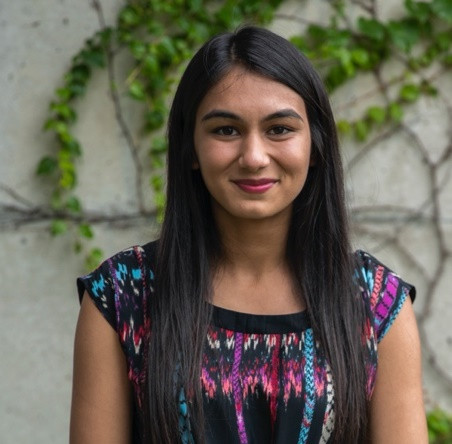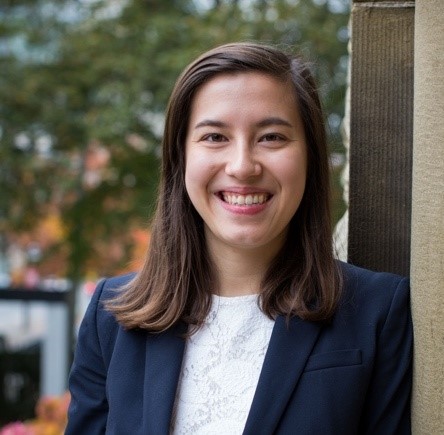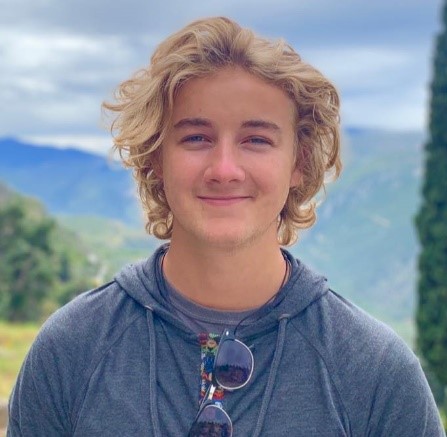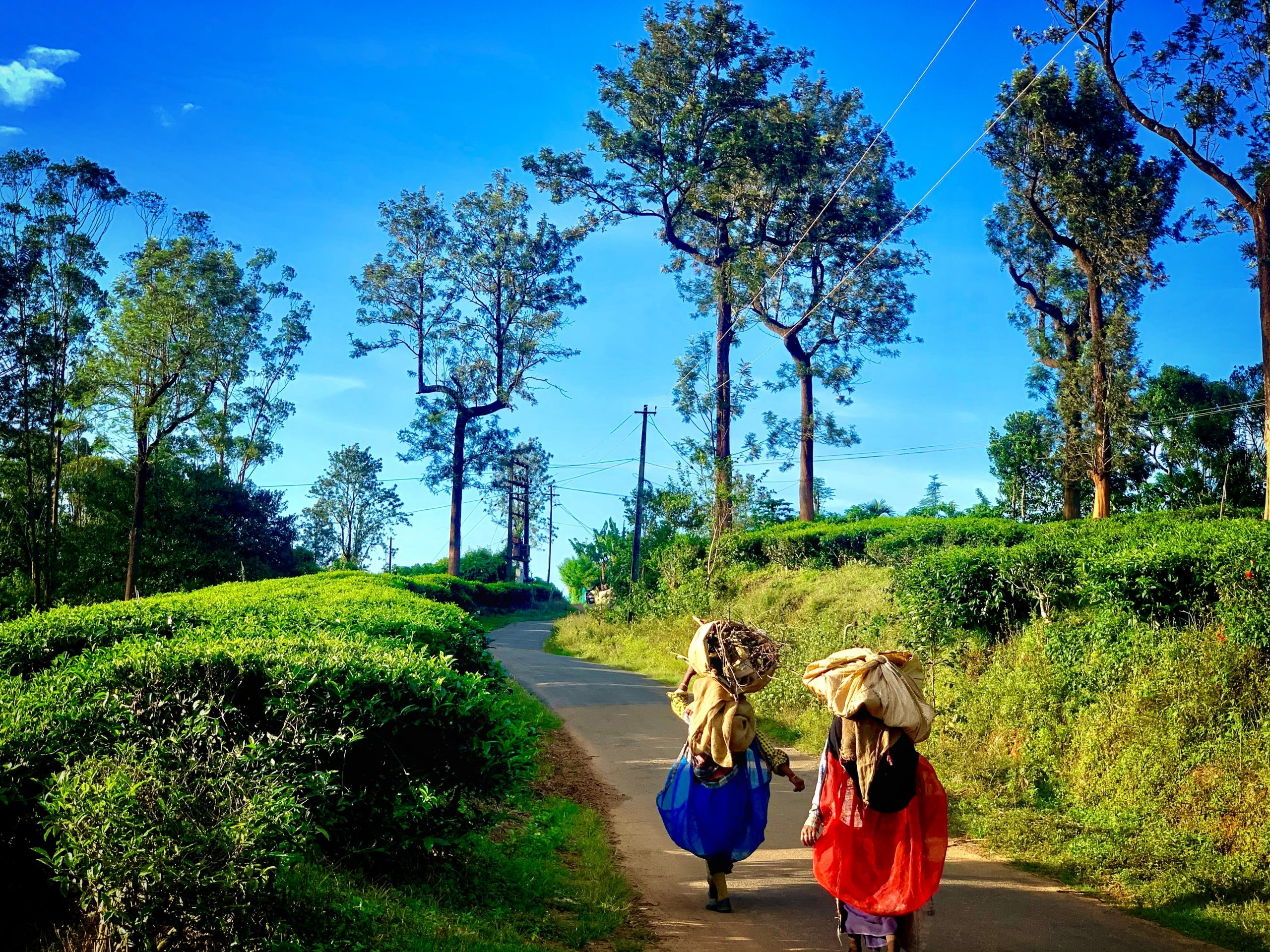
India
Expanding Access to Justice Through Community-Based Paralegals in New Delhi and Assam
- Status
- Completed Research
- Research Year
- 2020-21
One out of seven workers in India’s formal economy is a tea plantation worker, of which, more than 50 per cent are women. Many of India’s tea plantation workers are located in the state of Assam, and these workers remain isolated from mainstream society, both physically and in terms of economic development. Nazdeek is a legal empowerment organization that is increasing access to justice, government programs, legal services and training for tea garden workers in Assam.
To read the report please email: reachalliance.munk@utoronto.ca.
Researchers
Mentors
-

University of Toronto
Mariana Mota Prado
Associate Vice-President & Vice Provost, International Student Experience; Professor of Law William C. Graham Chair in International Law and Development, University of Toronto
Related Information
-
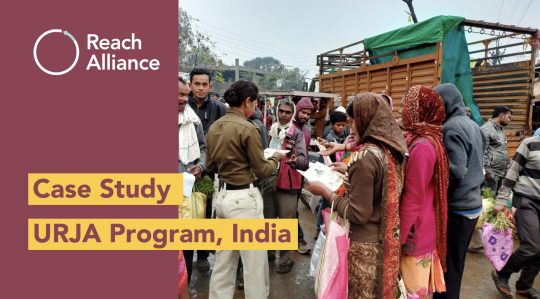
How does Nazdeek increase access to justice for tea garden workers in India?


